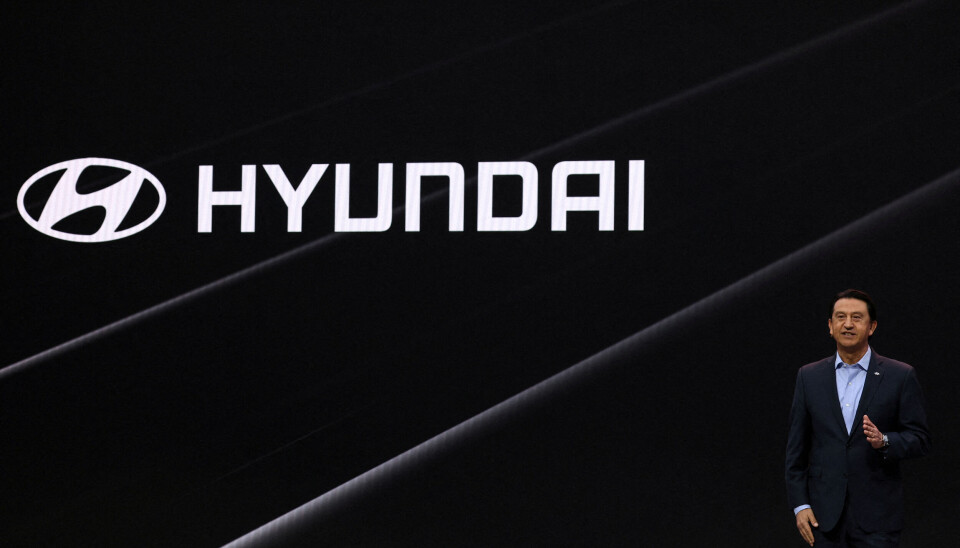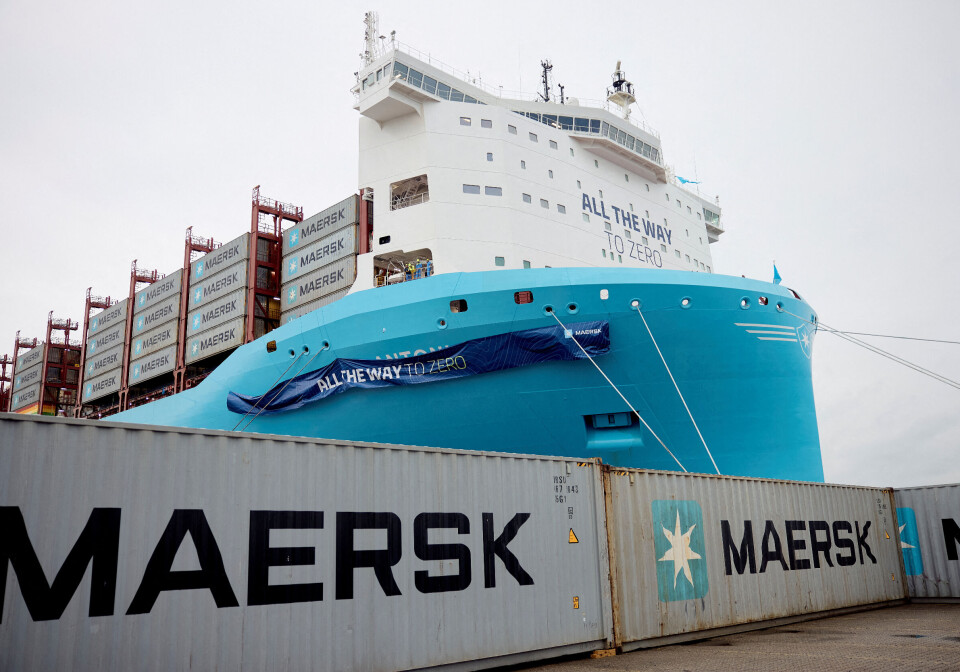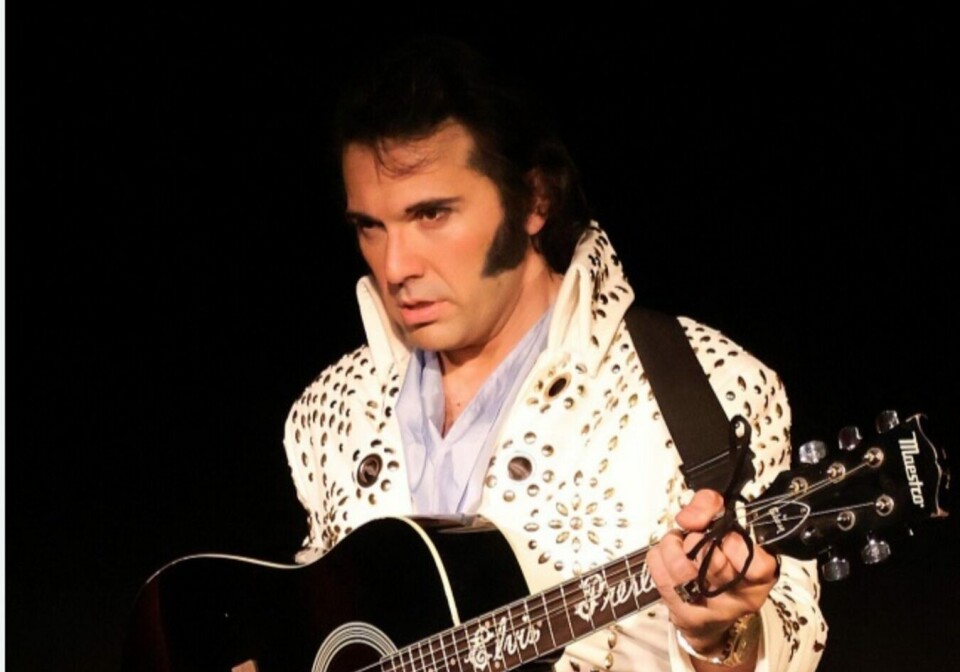Business > Companies
Japanese Cars Gain Price Advantage in U.S.

U.S. tariff cuts on Japanese cars threaten Hyundai and Kia's market share amid stalled Korea-U.S. trade talks.
Japanese carmakers set to gain price edge in US
Hyundai Motor Group’s struggle over the United States’ auto tariff shows signs of dragging on, as Washington is widely expected to maintain the 25 percent duty on Korean vehicles until both countries sign a detailed trade agreement.
Hyundai Motor and Kia are particularly exposed to the risk of losing price competitiveness to their Japanese counterparts, as the U.S. is scheduled to lower its auto tariff on Japanese cars to 15 percent starting Sept. 16, following a Washington-Tokyo deal.
Japan’s Toyota and Honda are major rivals to Korean carmakers in the U.S. market. According to the Korea Automobile & Mobility Association (KAMA), the combined market share for Hyundai Motor and Kia in the U.S. reached 10.8 percent last year. Seven Japanese brands, including the two major firms, came in at a combined 37.1 percent during the same period.
Hyundai Motor and Kia are rapidly increasing their U.S. presence with their eco-friendly vehicle lineups, which include hybrids, electric vehicles (EVs) and cars powered by hydrogen fuel. According to the two carmakers, their accumulated eco-friendly car sales there reached 500,000 in 2022, and that figure surged to more than 1.5 million as of the end of July this year.
Their heightened U.S. sales come with greater exposure to the U.S. tariff environment, sparking concerns that the delayed trade negotiations between Korea and the United States could put a damper on the carmakers’ growth momentum in their largest export market.
Hyundai Motor and Kia have no immediate plans to raise their auto prices in the U.S., opting to bear the financial burden of the tariff. The two automakers’ combined operating profits fell by more than 1.6 trillion won ($1.15 billion) in the second quarter due to the aftermath of the 25 percent auto tariff in the U.S.
Hyundai Motor has been ramping up production in the United States, manufacturing 36,455 units of the IONIQ 5 and IONIQ 9 at Hyundai Motor Group Metaplant America from January to July this year. Even with the increase, short-term impact will be inevitable if the tariff negotiations drag on.
Korea’s trade negotiations with the U.S. are stuck in limbo amid unresolved details over the operation of a $350 billion U.S. investment fund. During a Sept. 9 seminar in Seoul, presidential chief of staff for policy Kim Yong-beom said, "We cannot rush tariff negotiations just to narrow the gap in auto industry tariffs, because $350 billion would deal too great a shock to our entire economy."
Outlook for the carmakers’ third-quarter earnings remains murky, as their stock inventory in the U.S. ran out around the end of June, which means they have been exposed to direct tariff shock starting from the third quarter.
According to data from market tracker FnGuide, Hyundai Motor is forecast to suffer an operating profit fall of 10.4 percent between July and September from the previous quarter. Kia’s operating profit fall was also revised to 9.5 percent due to the U.S. tariff.
Industry officials called for the government to clinch a timely trade deal with the U.S. to minimize damage from the tariff.
“Hyundai Motor and Kia will have to compete on an unequal footing in the world’s largest economy due to the protracted deal negotiation between Seoul and Washington,” an official from the industry said.
“As the carmakers cannot settle the status quo on their own for the time being, the government needs to finalize the negotiation to defend Korea’s key pillar for exports.”
















